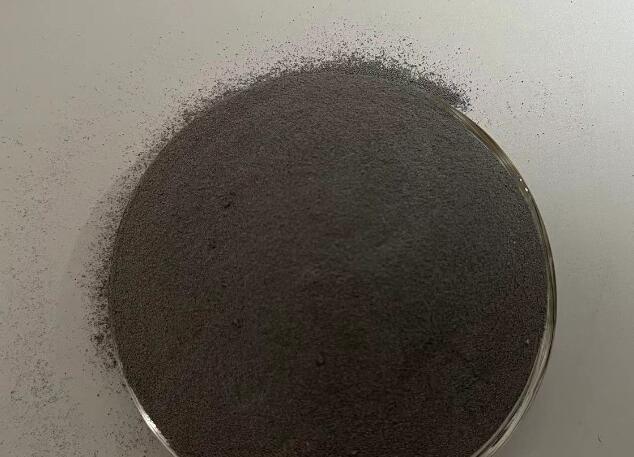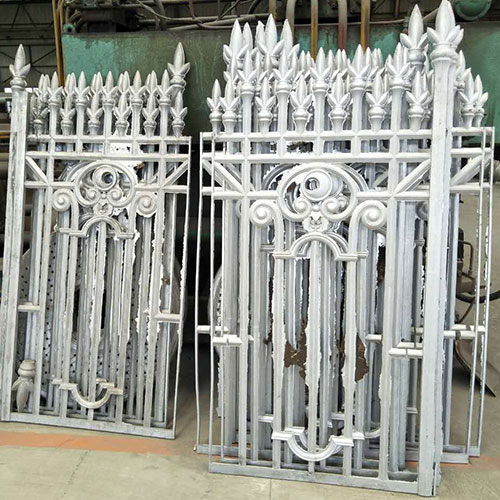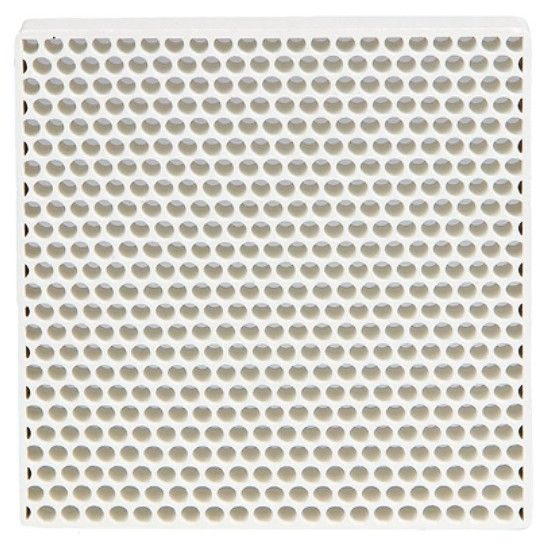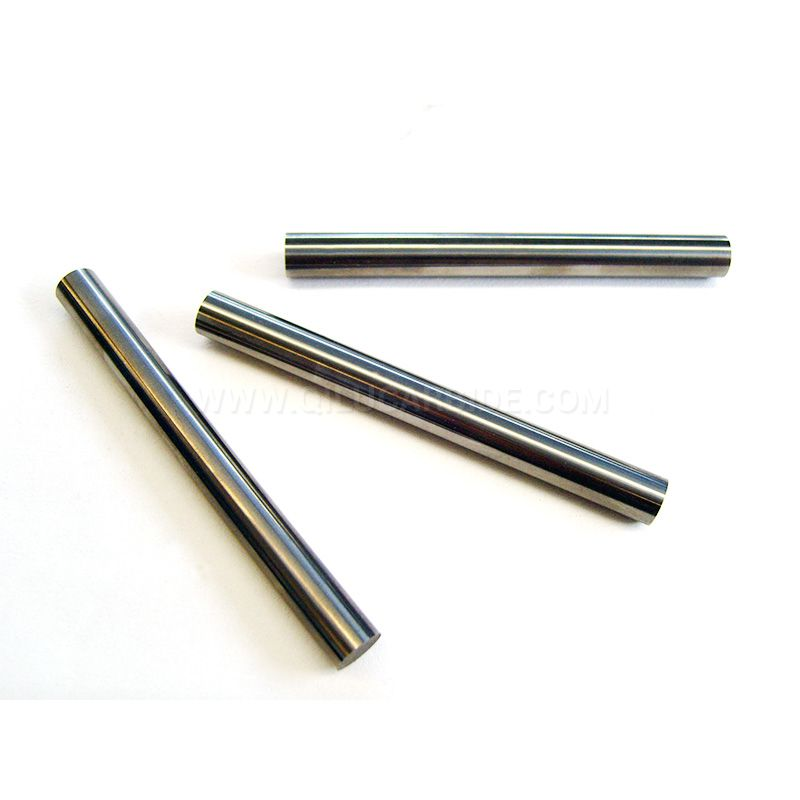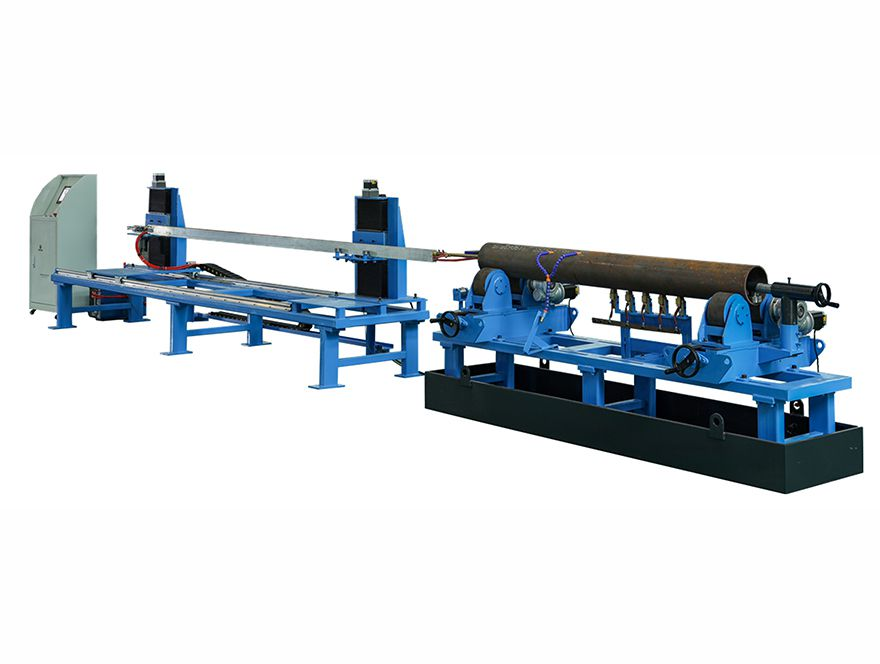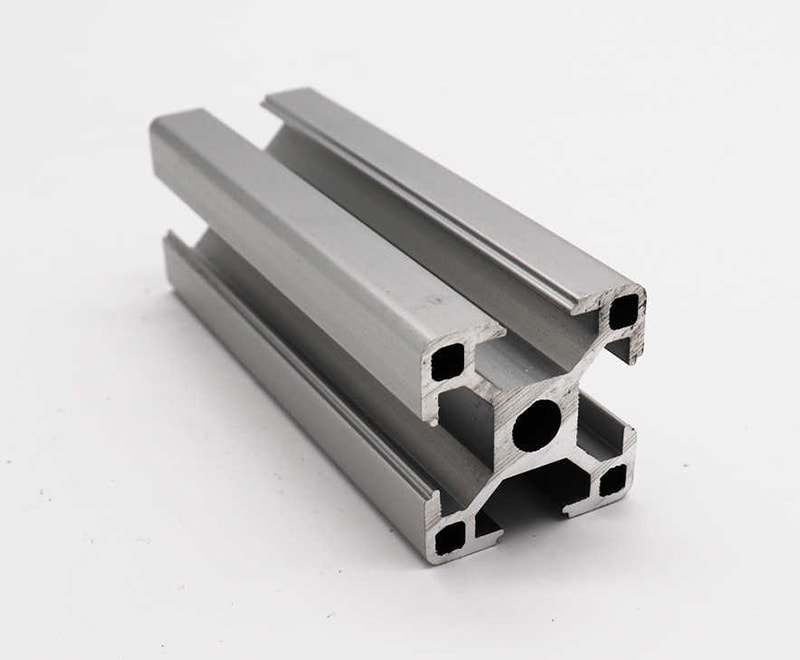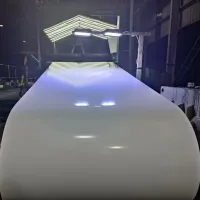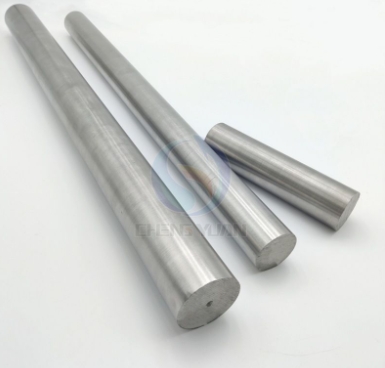How Does Silica Fume Affect Concrete Strength?
In the world of concrete technology, various additives and admixtures are used to enhance the properties of concrete. Silica fume, a byproduct of silicon and ferrosilicon alloy production, is one such material that significantly impacts concrete strength and performance. In this article, we will explore the ways in which silica fume influences the strength of concrete.
Understanding Silica Fume
Silica fume, also known as microsilica, is an extremely fine powder composed of very fine spherical particles, primarily consisting of silicon dioxide (SiO2). It is produced during the reduction of high-purity quartz with coal in electric arc furnaces. The resulting silica fume is collected and processed into a highly reactive pozzolan that can be added to concrete mixtures.
Improved Concrete Strength with Silica Fume
Silica fume enhances concrete strength through several mechanisms, making it a valuable addition to many construction projects.
1. Increased Packing Density
One of the ways silica fume contributes to improved concrete strength is by increasing the packing density of the mixture. The tiny silica fume particles fill the gaps between larger aggregate particles, resulting in a denser and more tightly packed concrete matrix. This reduced porosity enhances the concrete’s strength and durability.
2. Pozzolanic Reaction
Silica fume is highly reactive due to its amorphous structure and high surface area. When mixed with calcium hydroxide (Ca(OH)2) produced during the hydration of cement, it undergoes a pozzolanic reaction. This chemical reaction produces additional calcium silicate hydrate (C-S-H) gel, which is the same binding agent formed during the normal cement hydration process. The formation of more C-S-H gel contributes to increased concrete strength and reduced permeability.
See also:What Is Calcined Magnesite?
What is a Ductile iron pipe used for?
The Difference Between Dead-Burned Magnesite and Fused Magnesite with Large Crystals
Differences Between Inconel and Monel Safety Wire
what are the two types of magnets?
The Most Common Super Alloy and Its Applications
What is the purpose of perforated metal sheet?
3. Reduced Water Demand
The use of silica fume can reduce the water demand of a concrete mixture. With less water required, the water-cement ratio is lower, resulting in improved concrete strength. Additionally, lower water content reduces the risk of shrinkage and cracking in the hardened concrete.
4. Enhanced Bonding
Silica fume also enhances the bond between the cement paste and aggregate particles. The reactive silica fume particles form strong chemical bonds with the surrounding cementitious materials and aggregate surfaces. This improved bonding leads to increased tensile and compressive strength in the concrete.
5. Mitigation of Alkali-Silica Reaction
Silica fume can help mitigate the alkali-silica reaction (ASR), a deleterious chemical reaction that occurs between certain reactive aggregate minerals and the alkaline cement pore solution. By reducing the availability of calcium hydroxide through the pozzolanic reaction, silica fume can help prevent or mitigate ASR, which can otherwise lead to cracking and deterioration in concrete structures.
6. Resistance to Chloride Ion Penetration
Silica fume also contributes to the durability of concrete by enhancing its resistance to chloride ion penetration. This is particularly important in structures exposed to de-icing salts or marine environments, where chloride-induced corrosion can be a significant concern. The denser microstructure created by silica fume helps inhibit the ingress of chloride ions into the concrete.
Conclusion
In summary, silica fume is a highly effective additive that significantly improves concrete strength and durability. Its ability to increase packing density, undergo a pozzolanic reaction, reduce water demand, enhance bonding, mitigate alkali-silica reaction, and resist chloride ion penetration makes it a valuable component in many concrete mixtures.
If you are interested in incorporating silica fume into your concrete projects or need a reliable supplier of high-quality construction materials, please don’t hesitate to contact us. We can provide you with expert guidance and supply you with the necessary materials to achieve concrete with enhanced strength and performance. Your construction goals and the longevity of your structures are our top priorities.
Can Glass Revolutionize Construction in 2023?
Are glass beads safe for sandblasting?
Which Crane Rail Type Suits Your Needs Best?
What are SmCo magnets used for?
Differences Between Cold-Drawn Wire and Annealed Wire
What is ductile iron water pipe?
What is fiberglass yarn used for?


